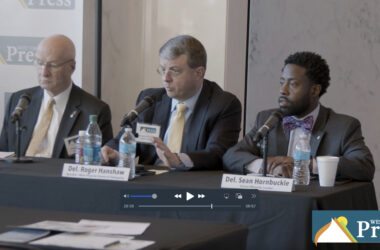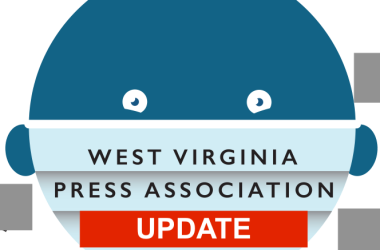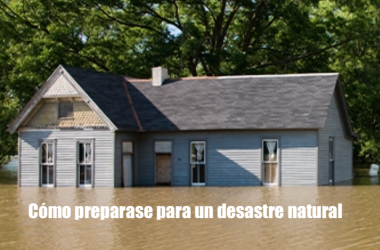PARKERSBURG, W.Va. — Local officials recently weighed in on the controversial idea of a needle exchange program for the Mid-Ohio Valley.
Although no local organizations have suggested a needle exchange be introduced in the Mid-Ohio Valley, other cities in West Virginia have decided to introduce the program, according to research.
The concept of a needle exchange program is simple: drug users can bring used drug injection needles to a specific location, usually a hospital or clinic, and receive a similar amount of new needles in return.
This provides several services to the community and the drug user. For the community, used drug needles would not be discarded in the trash or thrown out on the street. For the drug user, the clean needles lessen the spread of blood-borne illness and provide an opportunity for counseling.
There are currently more than 150 needle exchange programs in the United States and in West Virginia, Wheeling, Charleston and Huntington are among those cities offering the service.
Huntington was the first city in West Virginia to offer the needle exchange. The program is centered at Cabell-Huntington Hospital, and began on Sept. 1, 2015. Wheeling joined in on Sept. 16, 2015, offering clean needles through the Wheeling-Ohio Health Department.
Charleston will join the other cities when its program begins in December. It will be based through the Kanawha-Charleston Health Department.
Sentiments from local officials on the idea were mixed, with some agreeing that the program is needed, and others completely against it. But all officials interviewed seemed to agree on one thing: drug use in the Mid-Ohio Valley is a problem.
Mike Stalnaker, coordinator for the Parkersburg Violent Crimes and Narcotics Task Force, believes a needle program in the area could be beneficial to drug users, but would not solve the overall drug problem.
“As police officers, we want to arrest drug dealers and put them in jail, but we are still left with the local addicts who need help and treatment,” Stalnaker said. “It’s not a problem you’re going to arrest your way out of.”
As a narcotics task force agent, Stalnaker frequently encounters drug users, he said.
“We go on calls and find needles on the streets, the sidewalks, outside of convenience stores, places where children can pick them up. Many times, users in the same house will share the same needle,” Stalnaker said. “It’s hard for law enforcement. You don’t want to seem like you’re condoning the drug use by having the programs.”
Stalnaker’s approach to the idea of a program would be to have certain criteria in place, such as required education or counseling referrals for those bringing in needles, he said.
Tim Brunicardi, the former Director of Marketing and Public Affairs at Camden Clark Medical Center, weighed in on the matter before he stepped down from his position.
“There is a widespread drug problem in the city and the state. The hospital would work with any kind of system or program to help solve that problem and keep the public healthy,” Brunicardi said in early November.
Susan Abdella, director of the emergency department at CCMC, said the public’s health is paramount in the drug crisis.
“A needle exchange program is a wonderful idea, but at times, they are cost-prohibitive. I think it would be an opportunity for a great partnership between the hospital, the community, and the health department,” Abdella said.
In Belpre, the drug problem shook the community in mid-August when 17-year-old Belpre High School student Hunter Burkey was found dead at his home with suspected drug paraphernalia nearby, officials said at the time.
Several town hall meetings have been held since the teen’s death to educate the community about the drug problem.
Belpre Mayor Mike Lorentz felt a needle exchange program would only endorse the use of drugs in the area, he said.
“(The program) could jeopardize the safety of others. We should put our efforts into addressing the mental health (of drug users) to cure them,” he said.
Lorentz also felt everyone should be educated about the use of drugs in order to help them know what to look for in drug use.
“We need to educate people on what to look for. If my child came in acting goofy or different, I don’t know that I would recognize the signs. We need to focus on education, not supporting their habits,” Lorentz said.
Vienna Mayor Randy Rapp also felt a needle exchange program would be seen as encouragement to drug users.
“It’s one of those things were you try to do the humanitarian thing and at least give them clean needles to shoot up with,” Rapp said. “But I have no interest whatsoever in encouraging these people to continue shooting themselves up with drugs. I don’t know how you could balance it out.”
To read more from the Parkersburg News and Sentinel, subscribe here.




